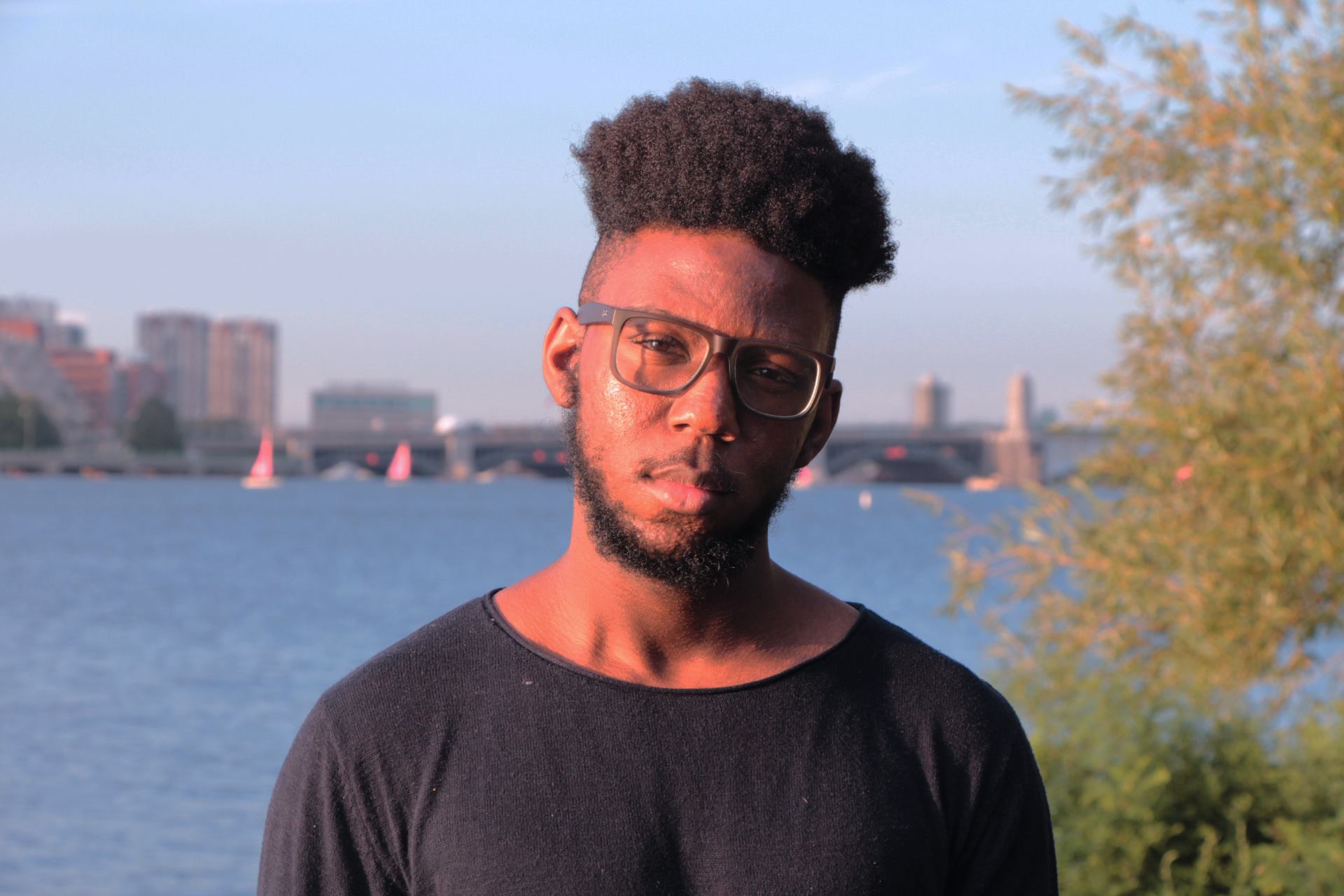The Secret Your Pharmacist Can't Tell You

By:
Next time you go to pick up a prescription, you might want to ask if it's cheaper to pay without insurance. That’s because many pharmacies are contractually obligated to charge their patients more money than their prescriptions are worth when they pay their prescription co-pay, only to hand over most of the profits to middlemen entities known as drug benefit managers, according to a new report from Bloomberg.
What’s worse is that pharmacists who would like to offer their patients cheaper options are often not allowed by their contracts to let patients know that they are paying more for virtually the same items — some agreements even threaten pharmacists with termination. Clawbacks or co-pay clawbacks, as they are known, are a little known secret of industry insiders.
This is how clawbacks cheat patients:
Benefit managers negotiate with manufacturers that the co-pay for a particular drug will be $10, even if the drug only costs $2 per refill and there is a cheaper generic brand available. Customers will then pay that $10 without realizing that the costs for the pharmacy are covered, but the bulk of their payment is actually going to benefit managers instead of toward covering the cost of their medicine. Had the patient paid out-of-pocket, he or she could have gotten a lower price. It's a counterintuitive process for patients, who think that having insurance should be saving them money.
Small steps are being taken to change this unfair practice.
There are benefit managers that do not engage in clawbacks, such as Express Scripts, who have gone out of their way to highlight how they operate.
States are beginning to look out for consumers too. According to Bloomberg, Louisiana pharmacists can inform patients about cheaper options and Arkansas has prevented benefit managers and pharmacies from making a profit.
Although some judicial breakthroughs have been made, the secret drug prices only reveal a much larger problem: the high cost of medicine in the United States.
The U.S. spent over $300 billion on prescription drugs in 2015, and drugs in the U.S. are three times more expensive than in the U.K. As ATTN: has reported on in the past, many things contribute to high drug prices in the U.S., among them the fact that the U.S. government does not negotiate the price of these medicines with companies and awards drug manufacturers exclusive patents, which then in turn allows them to set rates as high as they want. Last year three insurance giants — United HealthGroup, Humana, and Cigna — faced at least 16 lawsuits accusing them of defrauding patients.
Recent efforts to make the market more patient-friendly have been met with resistance. In January, an amendment that would have allowed the U.S. to import cheaper prescription drugs from Canada and other countries, introduced by Vermont senator Bernie Sanders, failed to pass in the Senate.
Experts worry that if the Affordable Care Act is dismantled, those prices could go up even higher.
